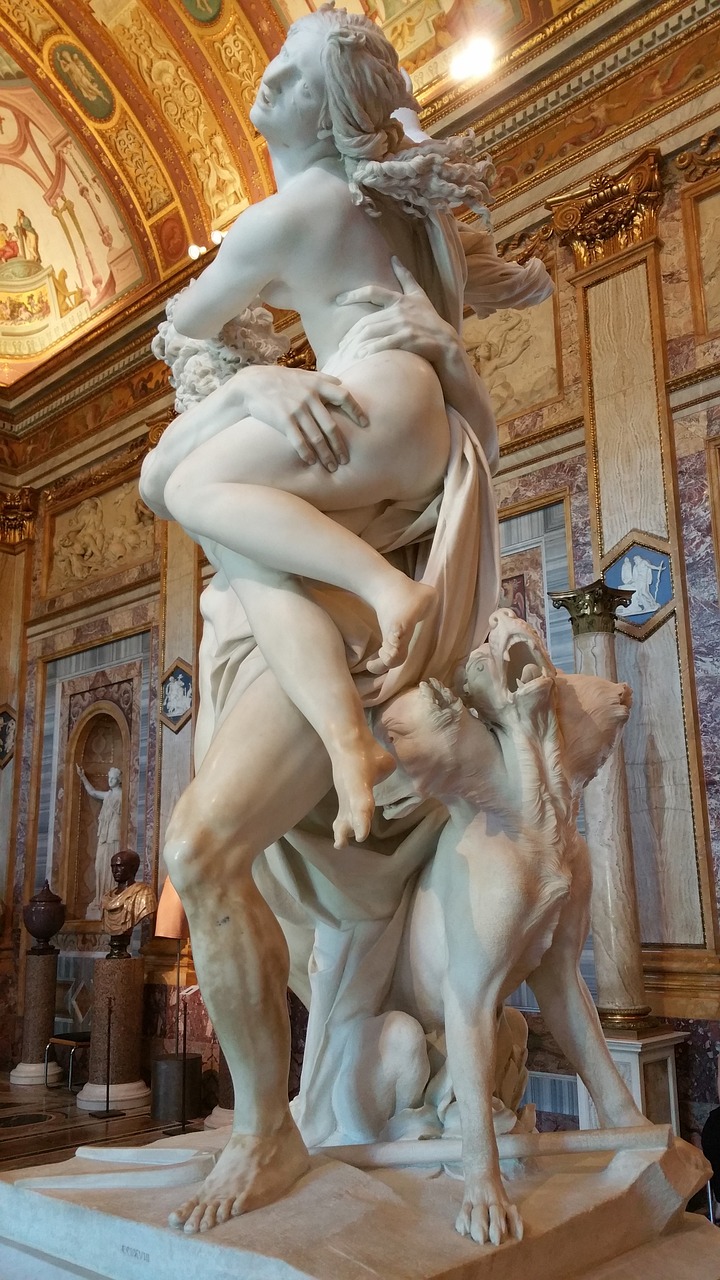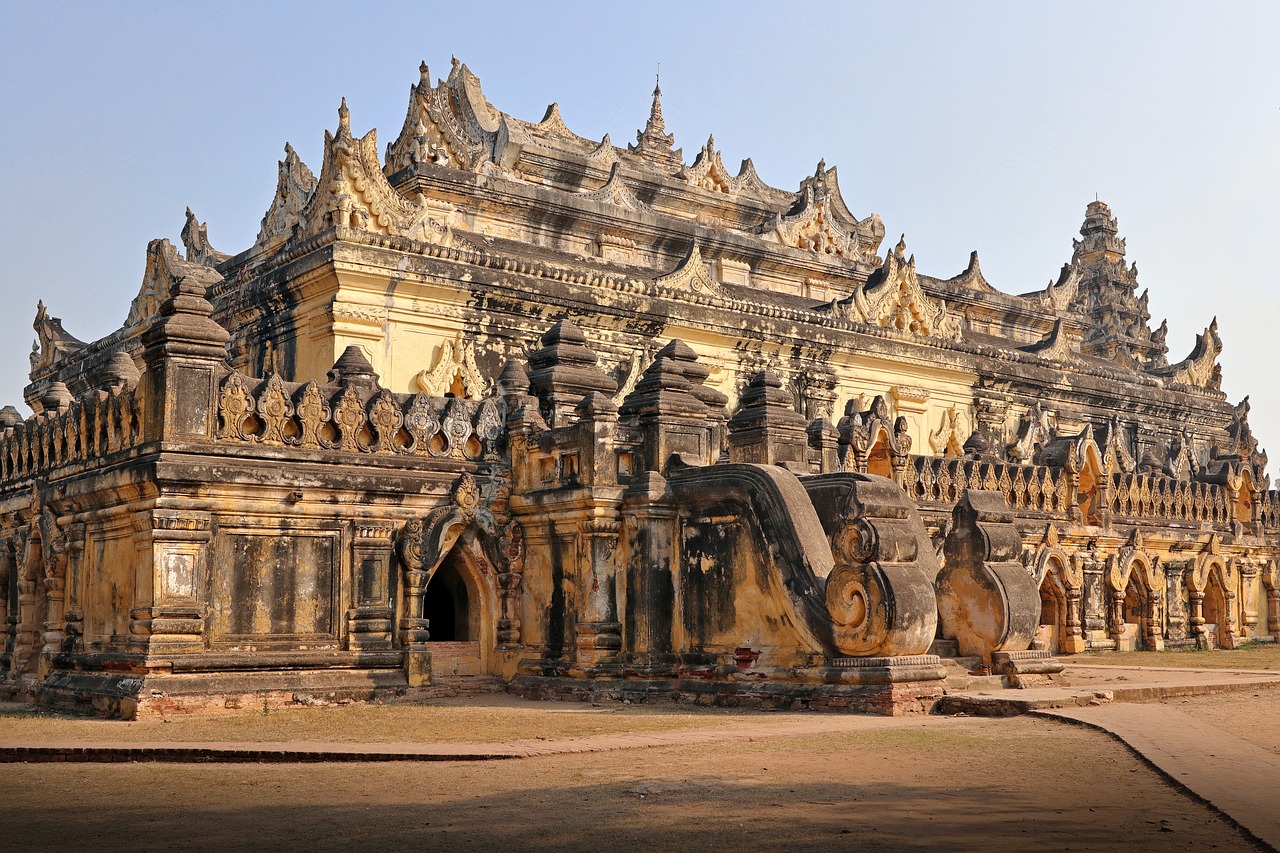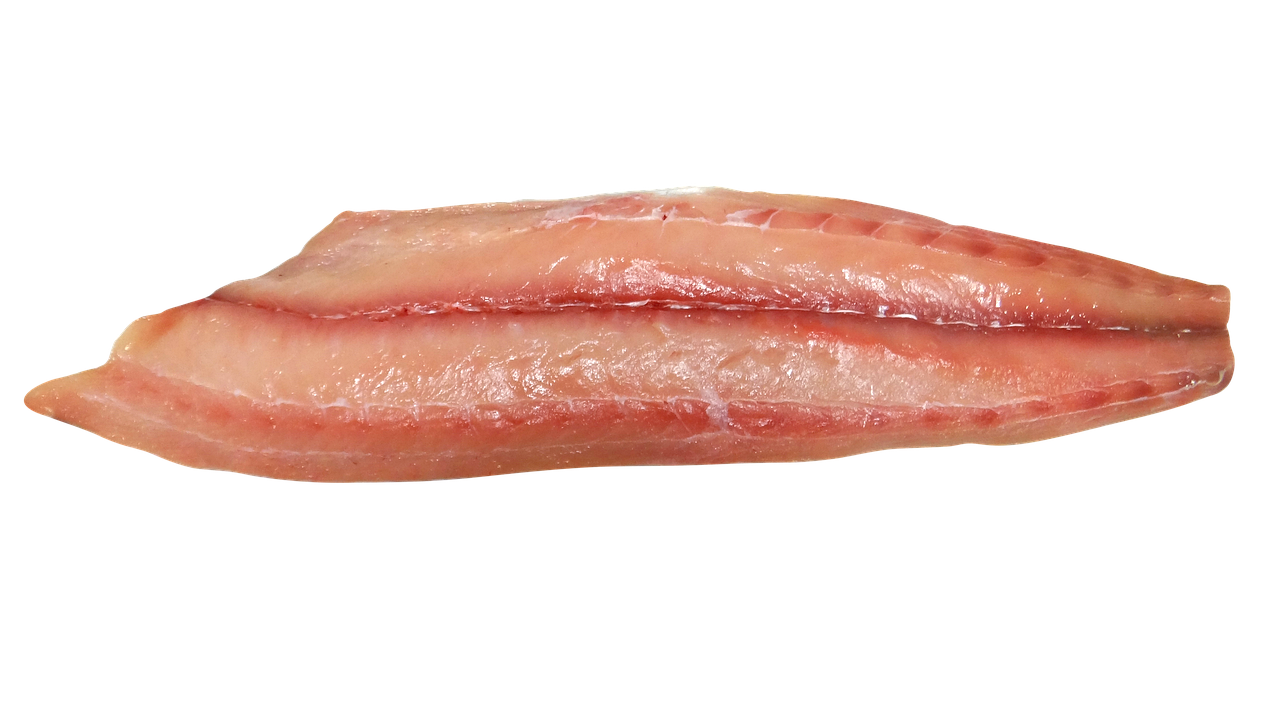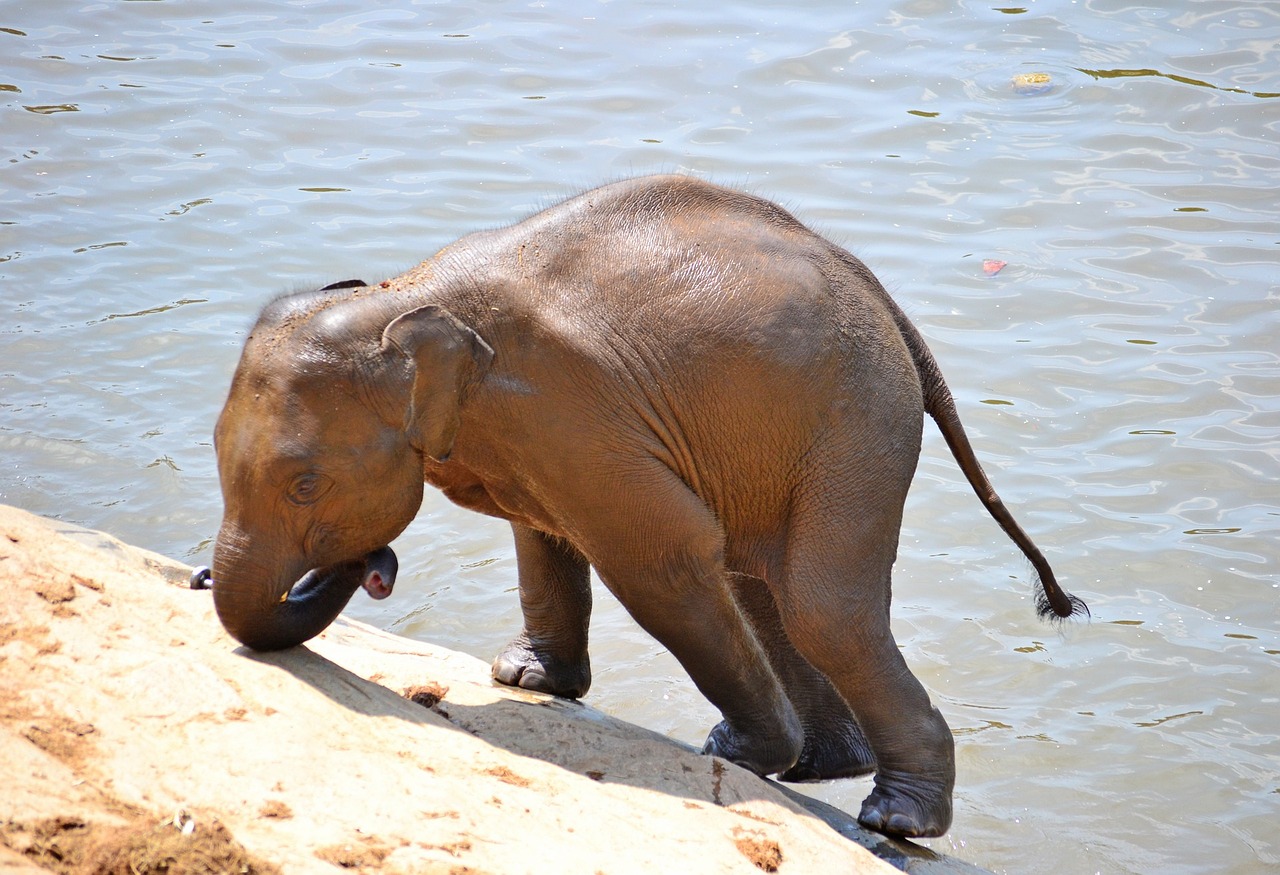Author: Erlang Shen
-
In the realm of Scottish folklore, there exists a myriad of frightening entities, but none stand out as prominently as the dreadful and sinister Nuckelavee. This malevolent figure is a cause for concern, particularly for those in the Northern Isles, where tales of its horrific nature strike terror into the hearts of locals. The very…
-
The Nuckelavee: A Haunting Legend of Irish and Scottish Mythology Mythology reveals the profound anxieties of cultural groups, embedding fears of unseen threats into compelling narratives. In the realm of Irish and Scottish folklore, the Nuckelavee emerges as one of the most intimidating figures, as it surfaces from the ocean to unleash disease, destruction, and…
-
In the vast landscapes of Scotland, if you come across an unusually large avian creature, you might be looking at either a heron or a capercaillie—two of the most notable birds in the Scottish wilds. However, it could also be the elusive Boobrie. The Boobrie is a legendary, shape-shifting being said to inhabit the lochs…
-
In Scottish folklore, the each-uisge is a legendary water horse known for its ominous presence in the Highlands. The term each-uisge translates to “water horse” in Scottish Gaelic, with its Irish counterpart referred to as each-uisace, or Ech-Ushkya, and the cabyll-ushtey being the equivalent found on the Isle of Man. This formidable creature is renowned…
-
The Abduction of Proserpina: A Roman Interpretation Greek and Roman Names – Greek: Περσεφονη (Persephonê) – Roman: Proserpina – Underworld Gods: Ἁιδης (Hades) / Pluto, Dis The tale of the abduction of Proserpina, known as “The Rape of Proserpina,” offers a Roman perspective on the story of Proserpina, the goddess of spring, who was abducted…
-
Bacchus: The Enigmatic God of Wine An Introduction to Bacchus Bacchus is widely celebrated as the god of wine, fertility, and merriment, enthralling generations with his myths and allure. This deity’s stories are deeply rooted in ancient culture, and his influence continues to echo through time. Let’s explore the rich tapestry of Bacchus and reveal…
-
Mazu, like many deities within the Chinese pantheon, was once an ordinary individual who was elevated to divinity after her demise. Her legacy is significant, so much so that she has been inscribed on the UNESCO list of intangible cultural heritage. However, referring to her solely as a Chinese goddess may be a point of…
-
Mazu, like many deities in Chinese culture, was originally an ordinary person who was elevated to divine status posthumously. Her influence endures impressively, as she is recognized on UNESCO’s list of intangible cultural heritage. However, labeling her strictly as a Chinese goddess can be contentious, particularly considering her significant impact in Taiwan. The Significance of…
-
Mazu, a revered figure in Chinese mythology, transitioned from an ordinary individual to a goddess posthumously. Her enduring influence garnered her a spot on the UNESCO list for intangible cultural heritage, yet referring to her solely as a Chinese goddess may not fully encompass her significance, particularly in Taiwan where her impact resonates deeply. What…
-
The Tale of Mazu: Guardian of the Sea Overview In the realm of Chinese mythology, Mazu (媽祖) holds the esteemed title of the sea goddess. Revered as the protector of sailors, fishermen, and travelers, she shares a kinship with Guanyin (觀音), the goddess of mercy. Mazu’s influence is particularly significant in coastal regions of Southern…






